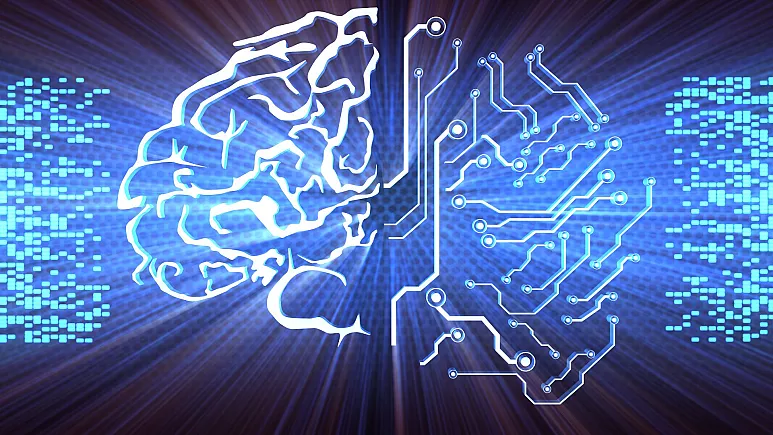The global spread of artificial intelligence (AI) has sent shockwaves through the higher education sector.
University of Wollongong (UOW) academics and students have questioned how universities should best navigate the legal and ethical issues raised by AI.
UOW School of Law lecturer Dr Armin Alimardani researches AI and said the key issue with using generative AI is that it’s in its early stages of development and, therefore, has limitations and bugs.
“The major problem is people asking generative AI a question and it may make up the answer, and many people don’t know that, and they will rely on those answers,” he said.
Dr Alimardani said his, like others’, under-education about AI was where ethical and legal issues could arise and, therefore, he encouraged his students to test AI, like ChatGPT, so they can better understand its limitations and capabilities.
“The way I teach students to use it, is for brainstorming,” Dr Alimardani said.
“You never rely on the AI, you just get an idea and then do your own research based on actual articles, books and facts.”
AUDIO: UOWTV journalist Abbey Philpott asked Chat GPT to give its opinion on how AI technology can be used legally and ethically at university. Listen to what it had to say below, and remember to never rely on the accuracy of its answers.
UOW student Jasmine Jones said she has also been encouraged to explore ChatGPT in class, but she was concerned about the legal issues that could arise if she used it to help with assessments.
“I stay away from ever submitting something from ChatGPT, but I definitely wonder where you draw the line,” Ms Jones said.
“It’s not plagiarising because it’s not something that’s out there already, so how can you get in trouble if it’s not someone else’s work?”
TurnItIn, the program UOW uses to detect plagiarism, is in the early stages of developing software to identify AI-generated content.
Dr Alimardani said he is wary of the accuracy of these new programs.
“There are no platforms right now that can give us enough accuracy to say whether something is AI generated,” he said.
“It is very unlikely that we will ever have anything to give us the accuracy that we want, and we need to just accept that.”
Feature image: EuroNews
Out of curiosity, I asked Chat GPT to give its opinion on how AI technology can be used legally and ethically at university.
Listen to what it had to say below, and remember to never rely on the accuracy of its answers.#uowtv #uowcreativehttps://t.co/zRF9PneDNl— Abbey Philpott (@abbey_philpott) May 10, 2023

